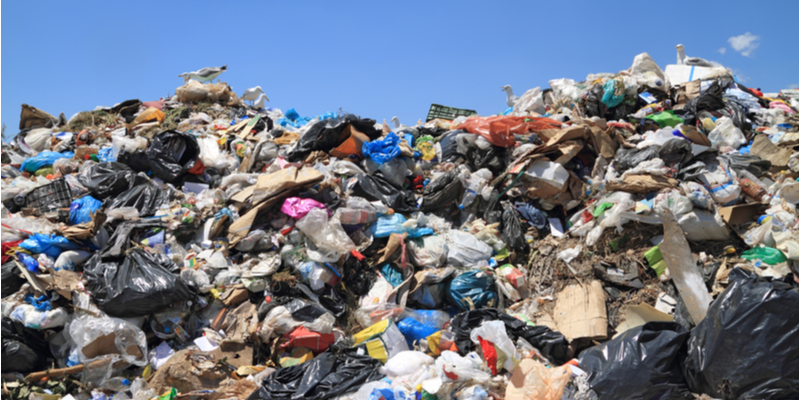Research project
Reuse to reduce food waste: understanding policy barriers preventing food upcycling
- Start date: 1 November 2022
- End date: 31 July 2023
- Principal investigator: Dr Alessandro Biraglia
- Co-investigators: Dr Gulbanu Kaptan (Leeds University Business School), Dr Luca Sabini (School of Civil Engineering, University of Leeds)
- Partner: Leeds City Council

Description
Tackling food waste is a global priority with important local implications, as food waste also accounts for the largest proportion of municipal and council landfills.
Alongside food waste reduction throughout the whole value chain, newer ways of reconsidering and re-introducing food by-products in the value chain have been proposed – such as the development of upcycled foods.
Upcycled foods are foods that use ingredients that otherwise would not have gone to human consumption, are procured and produced using verifiable supply chains, and have a positive impact on the environment. Examples include the reuse of surplus fruits, vegetables, and byproducts to prepare probiotic tonics, frozen yoghurts, and chips, or surplus bread to culture fungi like miso or to create soy sauce.
This creative reuse of food byproducts generates economic revenues together with environmental impact – thus simultaneously contributing to net-zero programs and regional development. However, often barriers of a legal nature prevent the implementation of such opportunities and business innovations. For example, certain by-products are still banned from being purified and reused, and the process to obtain the certifications required is so complex that it is more convenient for farmers to let crops rot rather than reuse them.
This project is funded by Research England Policy Collaboration Funds.
Research overview
The main aim of this project is to review existing policies in the United Kingdom (both at a national and local level) related to food waste, examining the legislation that can hinder (or stimulate) the re-use of upcycled food by-products.
The project will look at policies that affect all the steps along the food value chain (from production to post-consumption).
Specifically, the research team’s objectives are to:
- identify barriers preventing food upcycling (ie the reuse of food waste and by-products)
- develop a roadmap to recommend policy amendments in favour of more sustainable practices
- connect policymakers and businesses in the Leeds City Region to explore fruitful partnership opportunities and drive sustainable innovations.
Therefore, the implication of this research lies in the development of a potential approach for food waste reduction as well as an opportunity for stimulating new business and entrepreneurial activities which can drive the City Council Area to the forefront of food upcycling in the UK.
Publications and outputs
The preliminary findings of this project were disseminated during a workshop at the University of Leeds on 20 June 2023.
<iframe width="560" height="315" src="https://www.youtube.com/embed/VpEGtlAH-A8?si=Ce-g3g5AhWVZ90w7" title="YouTube video player" frameborder="0" allow="accelerometer; autoplay; clipboard-write; encrypted-media; gyroscope; picture-in-picture; web-share" referrerpolicy="strict-origin-when-cross-origin" allowfullscreen></iframe>

